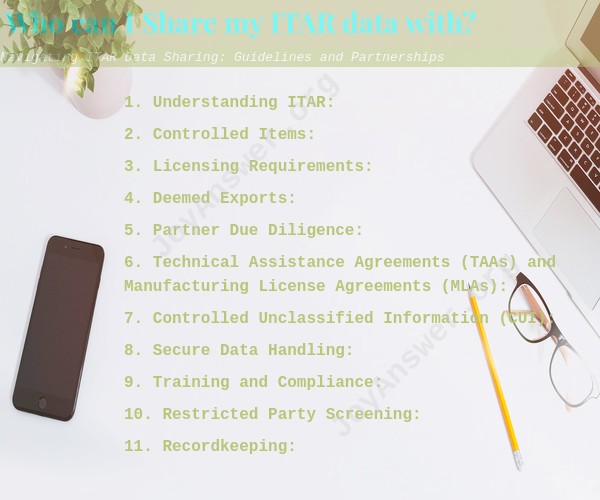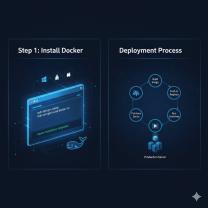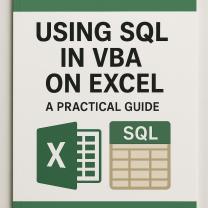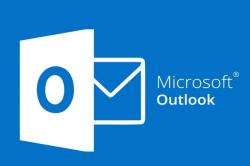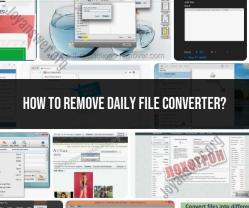Who can I Share my ITAR data with?
Navigating ITAR (International Traffic in Arms Regulations) data sharing involves understanding and adhering to the regulations when sharing controlled technical data related to defense articles. ITAR is a set of U.S. government regulations that govern the export and sharing of defense-related items and information to protect national security. Here are guidelines and considerations for ITAR data sharing and partnerships:
1. Understanding ITAR:Familiarize yourself with the basics of ITAR regulations. ITAR controls the export, re-export, and sharing of defense-related items, including technical data, software, and services. ITAR applies not only to physical items but also to information and technology associated with defense articles.
2. Controlled Items:Identify if the data you intend to share falls under ITAR controls. Items listed on the U.S. Munitions List (USML) are subject to ITAR. These items include military equipment, technology, and software.
3. Licensing Requirements:Determine whether you need an ITAR license to share the data. Certain data transfers may require a license from the U.S. Department of State's Directorate of Defense Trade Controls (DDTC).
4. Deemed Exports:Be aware that sharing ITAR-controlled technical data with non-U.S. persons (foreign nationals) in the U.S. can also be considered a "deemed export." This means that sharing data with foreign nationals might require the same level of control as actual exports.
5. Partner Due Diligence:If you're considering partnerships or collaborations involving ITAR data, ensure that your partners or collaborators understand and are compliant with ITAR regulations. Conduct due diligence to verify their compliance practices.
6. Technical Assistance Agreements (TAAs) and Manufacturing License Agreements (MLAs):Consider formal agreements like TAAs and MLAs when sharing ITAR-controlled data with foreign entities. TAAs cover the sharing of technical data, while MLAs pertain to manufacturing items abroad.
7. Controlled Unclassified Information (CUI):Understand that ITAR-controlled data might fall under the category of Controlled Unclassified Information (CUI), which requires safeguarding and controlled access.
8. Secure Data Handling:Implement strict data handling practices to ensure that ITAR-controlled data is secure and only accessible by authorized personnel.
9. Training and Compliance:Provide training to employees involved in ITAR data sharing. Ensure they understand their responsibilities and the potential consequences of non-compliance.
10. Restricted Party Screening:Before sharing data with foreign parties, conduct restricted party screenings to ensure that you're not engaging with individuals or entities prohibited by U.S. export regulations.
11. Recordkeeping:Maintain accurate records of ITAR-controlled data transfers, including agreements, licenses, authorizations, and any relevant correspondence.
12. Seek Legal Advice:Due to the complexity of ITAR regulations, it's advisable to consult legal experts with expertise in export controls to ensure full compliance.
Remember that ITAR regulations can change, and non-compliance can result in severe penalties. Always stay updated on the latest regulations and consult with legal professionals for guidance when navigating ITAR data sharing and partnerships.
